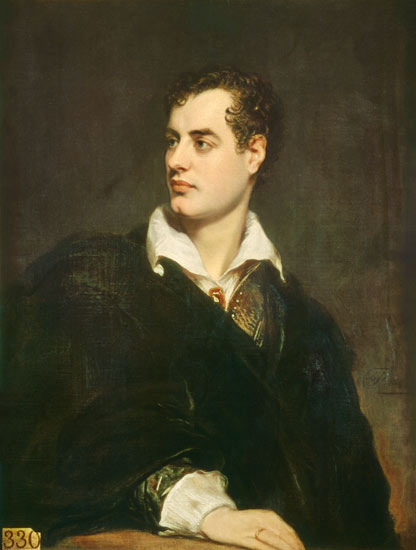January 22: Lord Byron
Lord Byron (1788)
It was on this date, January 22, 1788, that English poet George Gordon, Lord Byron, was born in London. He became radicalized and skeptical of religion during his student years at Trinity College, Cambridge. In 1806 he had Fugitive Pieces, printed. But the Rev. John Beecher objected to some of the poems, so Byron withdrew his first book of poetry.
From his youthful scorn for Christianity, Byron moderated into a Deistic belief, yet he maintained a friendship with Percy Bysshe Shelley, an Atheist. He remained skeptical of churches and toward life after death. As Byron wrote in an 1811 letter to Rev. Francis Hodgson,
I do not believe in any revealed religion. I will have nothing to do with your immortality; we are miserable enough in this life, without the absurdity of speculating upon another.
And in his 1819 epic poem, Don Juan, Byron wrote,
Christians have burnt each other, quite persuaded
That all the Apostles would have done as they did.
Byron's first major biographer says he was "to the last a sceptic."* Still, there was enough of the youthful radical in Byron to compel him to help the Greeks fight for independence. He caught a fatal chill in the effort and died on 19 April 1824.
* Letter of June 18, 1813. ** Thomas Moore, Letters and Journals of Lord Byron; with Notices of his Life, 2 vols., 1830-31.
Originally published January 2004.


